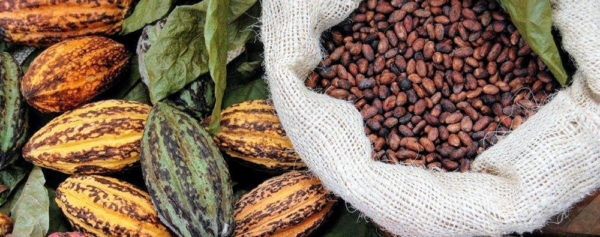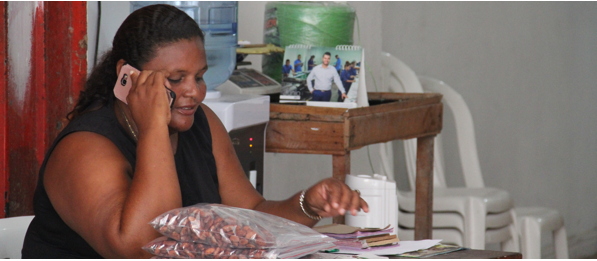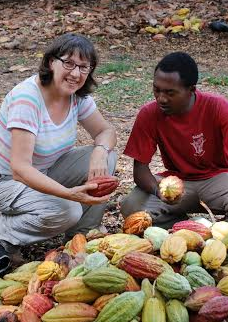Tag: cocoa

CNFA & Partners Announce New Steps to Cultivate Quality Cocoa in Cote d’Ivoire
Africa & Middle East: New joint initiative seeks to improve the efficiency of the cocoa value chain in Côte d’Ivoire, promising better market links and incomes for farmers.
Read More#FillTheGap! Equal rights are brewing in Colombia
Latin America & the Caribbean: Cocoa growers' leader Lidia Grueso has overcome gender bias to become a union manager, and is now leading the charge to improve access to credit for all cocoa farmers, including women.
Read MoreLouis Malassis Prize Shortlist: The Story Behind the Science of Dr. Claire Lanaud
Global: The final blog in this series explores Dr. Claire Lanaud's work in improving cocoa varieties in the Southern hemisphere.
Read MoreCocoa Offers New Hope for Nicaraguan Farmers
Latin America & the Caribbean: Cocoa beans from the Criollo tree, native to Nicaragua, are prized by gourmet chocolate makers for their exceptional aroma, flavor and quality. Fine cocoa typically commands a price anywhere from two to five times higher than conventional cocoa. Yet Nicaragua exports fewer than 1,000 tons of cocoa a year, almost none of it fine cocoa. […]
Read More


